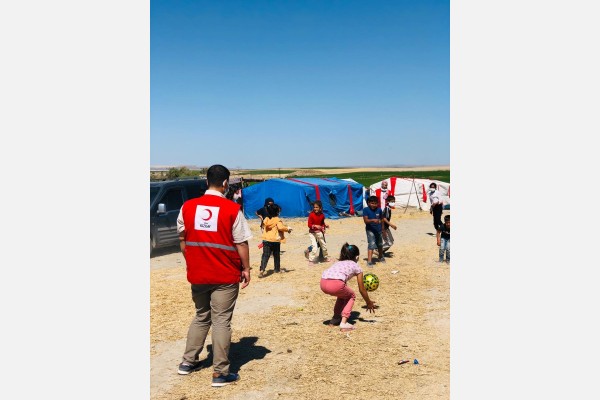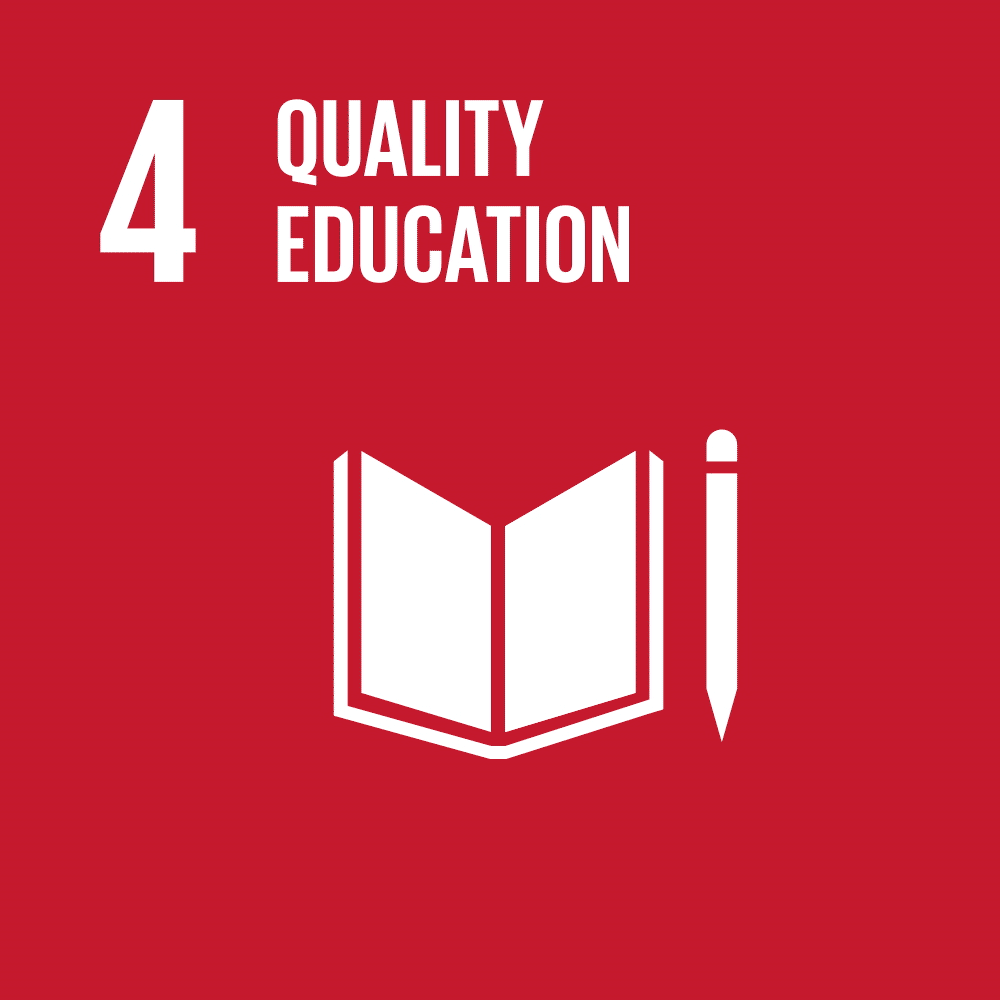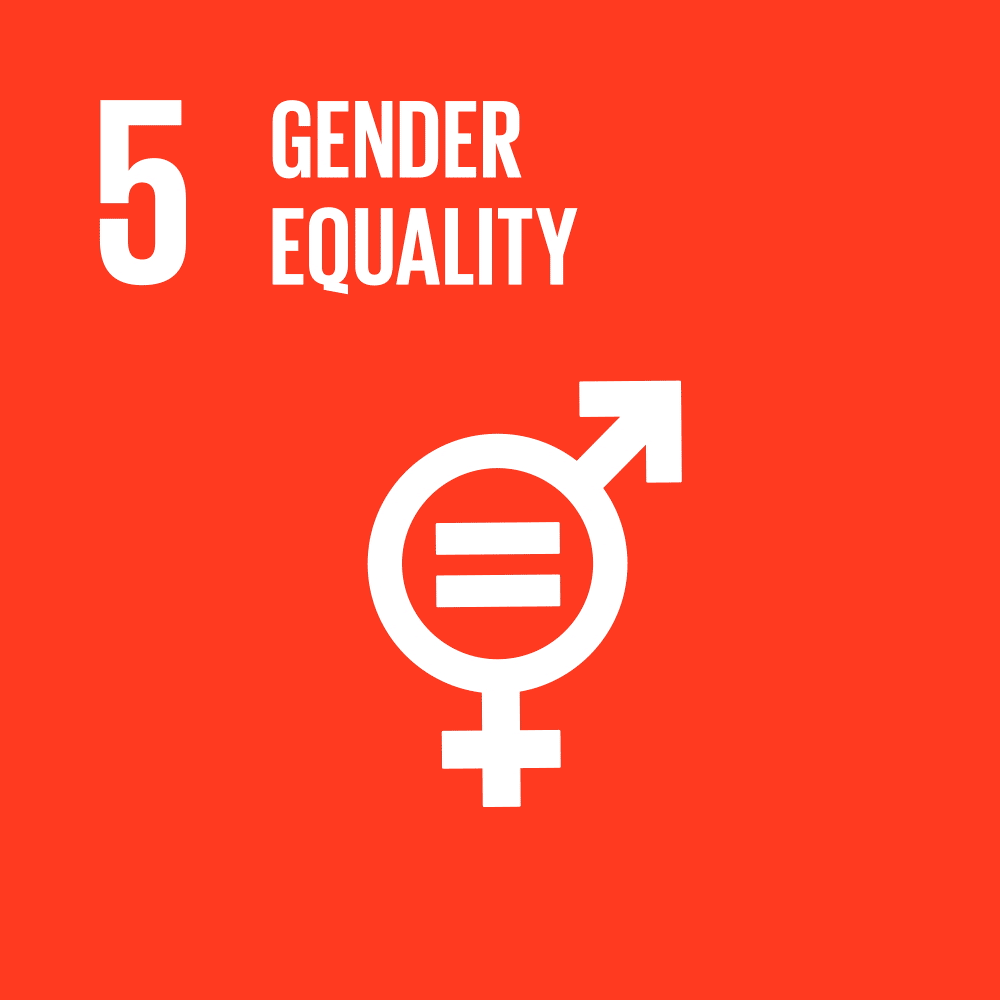Repository of Practices

School on the Move
Secondary GCM Objectives
Dates
Type of practice
Summary
TRC Child Program has been providing service to disadvantaged children, especially migrant children in Community Centers, Temporary Accommodation Centers and Child Protection Centers since 2013; however, it has been hard to reach the children who live in rural part of the cities and/or who live in the shelters at seasonal agricultural areas and generally end up being child workers. In order to overcome this challenge and to reach to the most vulnerable children, TRC has formed mobile psychosocial support (PSS) teams in 2015 that consist of trucks designed as child friendly spaces. Since then the number of the mobile teams has increased to 8 in 2 different service models as Mobile Child Friendly Space (mobile vehicles) and Mobile Psychosocial Support Teams. The aim with this project is to provide psychosocial support to the children in the areas where seasonal agricultural workers are settled. Since it generally becomes hard for those children to reach education, TRC teams conduct activities related to rights of children, elimination of early and forced marriages with children and with their care givers, if possible. They have been providing child protection service to the children who are at risk of dropping out of school and becoming child worker. These are provided with appropriate service, such as education and health through referral system. During the Covid 19 Pandemic and closures in which distance learning was implemented, the mobile teams designed its vehicles in a way that is suitable to provide tablets and education kits to the children. Tablets have been distributed to children (who have no access to tools and internet) for a certain period of time in order to ensure that they have access to EBA (distance education platform of MoNE) and they participate in child protection and psychosocial programs.
Organizations
Main Implementing Organization(s)
Partner/Donor Organizations
Benefit and Impact
54.828 children have participated to the activities of Mobil Teams and 24.963 activities were held with them.
An impact analysis report has been prepared by the autonomous academicians depending on the data collected from the pre-tests and post-tests of the structured programs which are Social Cohesion and Psychosocial Support Program. According to the analysis report both programs have positive impacts on children who have attended. When visiting an area Mobile teams conduct seminar activities for caregivers in different topics that would support the psychosocial development of children. This can be considered as the secondary benefit of the project.
Since the project enables the Child Program activities to reach the most disadvantaged children and there is a huge need in this, the time period of the project is extended each year and the number of the vehicles is increased as time passes.
Key Lessons
Since the Mobil Units do not have large areas inside vehicles, it becomes hard to conduct activities with different age groups in different places at the same time. In this sense children in different age groups can be around but they cannot be provided service due to do limited activity/class area.
Another challenge is that since most of the children aged between 14-18 are working in the agriculture it becomes hard to reach them. Since it becomes harder to conduct a structured program with several activities with them, singular activities are carried out with this age group depending on their needs.
Lastly, unlike to the other activity areas of Child Program there were no psychologists and social workers in the mobile teams and this created some problems in meeting children’s need and follow up the referrals made to different services. Recently psychologists and social workers are employed to be part of the team and make it more effective.
Recommendations(if the practice is to be replicated)
Relationship with local authorities and community leaders should be enhanced before working in rural areas. Required approvals, permissions, and safety precautions should be taken before settling in rural areas.
Vehicles can be designed in different shapes and sizes. The training material to be kept in the vehicle can also be determined according to the needs of the target group.
It would be very useful to have a social worker and a psychologist in the team in order to provide wide range of services at the same time.
Lastly there should be some measures taken against sexual abuse and exploitation, and both the team and the intended group should be informed that in any case/suspicion of sexual abuse and exploitation there is an authority they can report.
Innovation
The project can be developed and adapted to different environments and conditions. For instance, in Turkey, Mobile Units have been used not only in the rural areas or in the seasonal agricultural settlements but in cases of disasters such as Elazığ earthquake, humanitarian crisis such as the migrants stuck at Turkish-Greece border and recently in the COVID-19 pandemic. During the pandemic Ministry of National Education have closed schools and introduced distance education opportunity to all age groups via TV channels and online platforms. However, since many migrant children and children of seasonal agriculture workers have no access to necessary material and condition, TRC designated its mobile teams to provide tablets and education kits (educational materials) to these children.
In this program, tablets were distributed to children not as a property, but they were delivered to children with daily or weekly planning within the framework of a certain program. By this way, children got access to formal education platforms. Child protection and psychosocial support programs were also implemented by TRC professionals through online activities.
Since the project is effective, a probable cooperation between different İnternational NGOs and local funders is planned to be conducted through a mobile unit.
Date submitted:
Disclaimer: The content of this practice reflects the views of the implementers and does not necessarily reflect the views of the United Nations, the United Nations Network on Migration, and its members.
More Related Practices:
- APP Multilenguaje Médico (AMM)
- Talleres de facilitación de diálogos de saberes: Introducción a la metodología de los diálogos interculturales
- Multilingual Medical App
- Programa de apoyo a comunidades indígenas en contexto de cambio climático, degradación ambiental y deforestación
- Support Programme for Indigenous Communities in the Context of Climate Change, Environmental Degradation, and Deforestation
Peer Reviewer Feedback:
*References to Kosovo shall be understood to be in the context of United Nations Security Council resolution 1244 (1999).
Newsletter
Subscribe to our newsletter.

